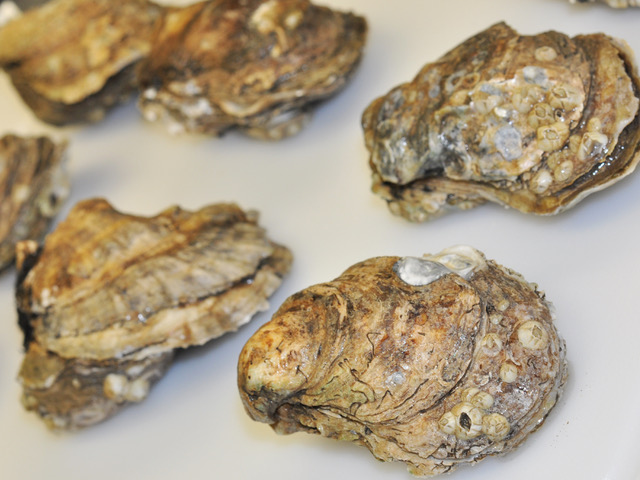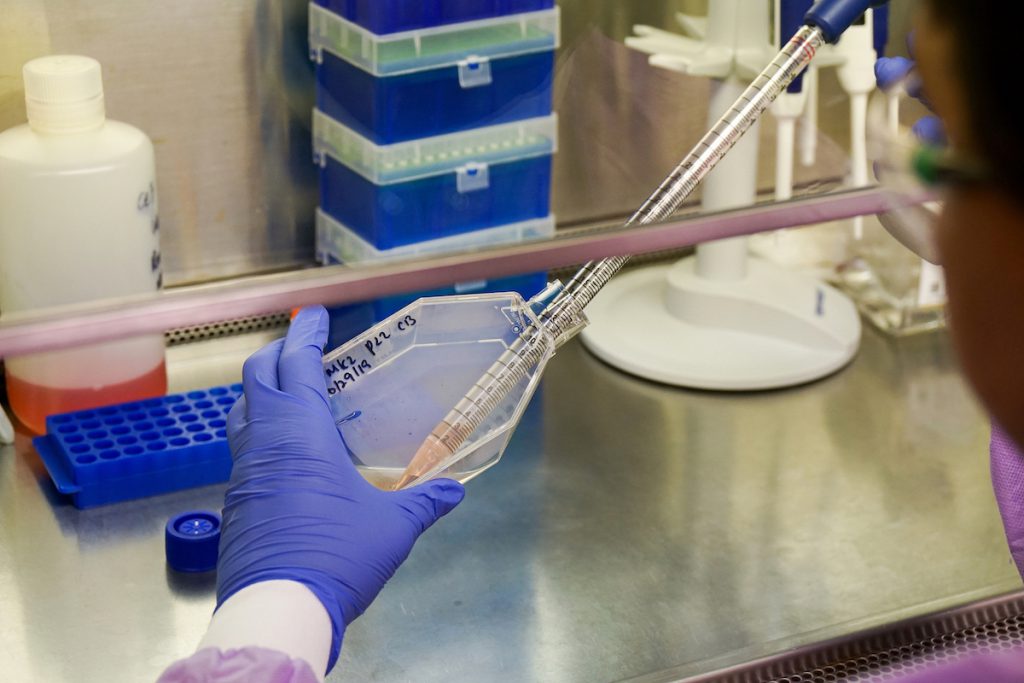 This holiday season, protect yourself from foodborne illnesses and learn about the emerging field of food virology from Dr. Naim Montazeri, professor of food virology in the Food Science and Human Nutrition Department. Dr. Montazeri is in his second year at the University of Florida. He is an expert in food virology, which is the study of viruses in contaminated food that can cause diseases in humans when consumed. A big thank you to Dr. Montazeri for sharing his latest research developments, his top tips for staying healthy and, of course, a few of his favorite hobbies!
This holiday season, protect yourself from foodborne illnesses and learn about the emerging field of food virology from Dr. Naim Montazeri, professor of food virology in the Food Science and Human Nutrition Department. Dr. Montazeri is in his second year at the University of Florida. He is an expert in food virology, which is the study of viruses in contaminated food that can cause diseases in humans when consumed. A big thank you to Dr. Montazeri for sharing his latest research developments, his top tips for staying healthy and, of course, a few of his favorite hobbies!
Tell me about how you became interested in food virology. What was your inspiration, and what path did you take to get there?
It was quite a journey to get where I am. Food virology is an emerging and rapidly growing field. My first exposure to the fascinating area of food and environmental virology was when I started my Ph.D. research at Louisiana State University. There was a research need for investigating the effectiveness of microbial indicators of fecal contamination as a tool for assessing viral safety of oysters and seawaters in shellfish harvest areas in the Gulf of Mexico.

My inspiration for joining the program goes back to my initial academic training in fisheries and aquaculture. Prior to joining Louisiana State University, I obtained a Master’s degree in Seafood Science from the University of Alaska Fairbanks, and that was a transition point to focus my research on the microbial safety of seafood. After obtaining my Ph.D. in Food Science, I joined Dr. Lee-Ann Jaykus’s food virology laboratory at North Carolina State University for my postdoctoral training and studied the thermal and chemical inactivation of human norovirus. What have kept me inspired during this exciting academic career are the opportunities academic institutions provided, the joy of learning, and the support of my mentors, colleagues, and family members.
Would you share some of the recent projects in your lab?
Here at the UF Food Science and Human Nutrition Department, I am so fortunate to have this opportunity to develop my teaching and research programs in Food and Environmental Virology. I developed a course with this title (FOS 4223/6224)–one of the first of its kind–and delivered it for the second time this year.

One area of my current research focuses on the isolation and removal of norovirus–the leading cause of gut infection worldwide–in environmental water using novel techniques. For example, my group is evaluating the application of chitosan microparticles to treat produce wash water for human norovirus. We are expanding this research to improve the antiviral activity of chitosan through chemical modification of the particles. Another research project, led by Ph.D. student Siman Liu, investigates the interaction of bacteriophages (bacterial viruses) on the virulence and environmental fitness factors in vibrio in the marine environments.
In this age of “superbugs” and outbreaks of foodborne illnesses, what’s the best piece of advice you would offer to concerned consumers?

Unlike bacteria, viruses do not grow outside the host; however, they remain stable for weeks and months in water, food, and contact surfaces. You can easily minimize the chances of becoming sick with foodborne viruses by cooking your food (whenever possible), sanitizing your fresh produce before eating, and, most importantly, always washing your hands thoroughly before preparing and eating food, which can help prevent you from catching viruses that end up on your hands, even just on your finger tip.
What is the most interesting virus you’ve encountered?
I think bacteriophages are the most fascinating microbes on earth. They can be found almost everywhere. They are viruses that infect bacteria and play a key role in reshaping microbial populations in the marine ecosystem, human gut, soil, etc. Bacteriophages have been the center of attention for their applications in genetic engineering and antibacterial therapy including multi-drug resistant pathogenic bacteria and food bio-preservation.
Work is important, but so is play! What do you like to do in your spare time?
Playing an Iranian musical instrument called a Tar, tennis, biking, and exploring Florida’s natural attractions.

Want to know more about food virology, food safety and other exciting faculty research projects like Dr. Montazeri’s? Check them out here!
 3
3
